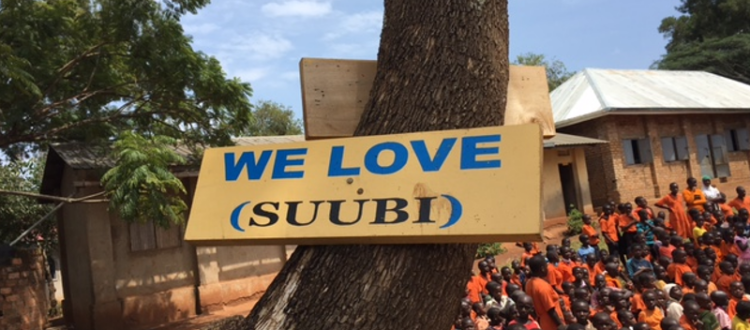Ssewamala awarded $3.3 millions in grant fund research for adolescent girls transitioning into young adulthood in Uganda
Fred Ssewamala, the William E. Gordon Distinguished Professor at the Brown School and Founding Director of the International Center for Child Health and Development (ICHAD), has been awarded a $3.3 million research grant from the National Institute of Mental Health (NIMH) for a new study focused on adolescent girls transitioning into young adulthood.
The new study, known as Suubi4Her-Round 2 (2024-2029) will extend the original Suubi4Her study (2017-2023), that was implemented in Uganda among 1260 school-going adolescent girls aged 14-17 years at enrollment. The study will follow up with the participants for an additional 4-year period, with three data points.
In the original study, participants received an economic empowerment intervention consisting of incentivized youth development accounts for school tuition and income-generation, workshops on asset building and microenterprise promotion, and a family strengthening intervention delivered via multiple family groups (MFGs) to reduce HIV risk behaviors and improve mental health functioning. The interventions were implemented across 47 public secondary schools located within poverty-impacted and HIV-burdened communities in Uganda.
Findings have demonstrated short and medium-term success in reducing depressive symptoms, decrease in hopelessness, improvements in self-esteem, decrease in sexual risk-taking attitudes, and favorable attitudes towards safe sexual practices. Moreover, in qualitative investigation, adolescents found the interventions to be highly acceptable. These findings have been widely published in peer-reviewed journals, including the American Journal of Public Health, Journal of Adolescent Health, and BMC Public Health.

Ssewamala
“The first round of this study produced several desired outcomes for HIV risk behaviors and mental health functioning. However, the extent to which the reported observable outcomes are sustained, and for how long, as adolescent girls transition through young adulthood is unknown. This new funding provides us an opportunity for a longer-term follow-up period to establish how the results are impacted across the years as participants go through social transitions – a very vulnerable stage for sexual risk-taking, mental health.
Uniquely for round 2, the research team will explore specific cognitive underlying factors that mediate the link between the intervention and reduced HIV risks. This component will be led by April Thames, Professor of Psychiatry and Director of the Social Neuroscience and Health Psychology Laboratory at the University of California Los Angeles.

Thames
“Key elements of cognitive control include fundamental mental operations such as inhibitory control, working memory, and attention allocation, among others that are central to self-regulation and decision making. If systems involved in emotional regulation are inadequately developed, situations that elicit psychological stress could result in poor decision-making. Adolescent risk-taking behaviors may be viewed as stemming from immature development of cognitive skills. In Suubi4Her-R2, we are uniquely positioned to examine these fundamental cognitive processes through neurocognitive assessment.”
The research team includes Proscovia Nabunya, Ozge Sensoy Bahar, Rachel Brathwaite, Derek Brown, Samuel Kizito, Anita Kabarambi at Washington University in St. Louis, and Torsten Neilands (Statistical support) at the University of California San Francisco. The in-country team includes Noeline Nakasujja at Makerere University and implementing partner Abel Mwebembezi at Reach the Youth Uganda.
Details about the study can be found at the ICHAD website.

